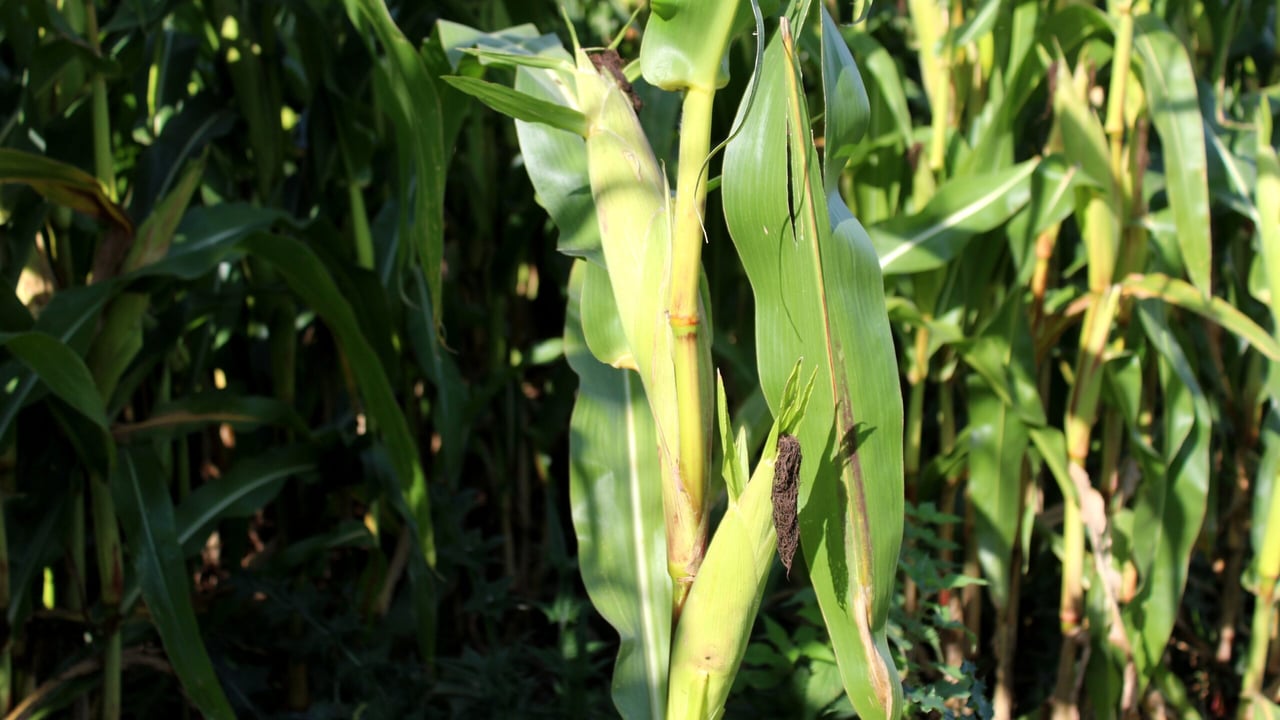Maize yields to take a hit across many parts of Europe
The European Commission is reporting that hot and dry weather across southern and eastern Europe will severely affect maize yields in these regions.
Other ‘summer crops’, including sunflowers and soybean, have been likewise affected.
According to the most recent Commission's Joint Research Centre's (JRC's) Monitoring Agriculture ResourceS (MARS) crop monitoring report, persistent drought conditions in Romania, Bulgaria, Greece, southern Ukraine and Turkey caused irreversible yield damage in rain-fed agricultural areas.
Heat and rainfall deficits also reduced yield expectations also in Hungary and eastern Croatia.
Yield expectations
However, in contrast, conditions were more favourable in western and northern Europe, the report said.
In Spain, Portugal, Italy, northern France, the Benelux countries, Germany, and Poland, adequate rainfall and moderate temperatures supported summer crop development, with yield expectations around or above the five-year average.
Grasslands in northern Europe also performed well, according to the report.
On the Iberian peninsula, the winter and spring crop season has ended, while in the north of the region, summer crops are still in the reproductive phase.
Biomass levels remain above average for both winter/spring and summer crops, thanks to the favourable wet conditions in spring, which also supported irrigation for summer crops.
In northern Italy, summer crops are in good condition, the JRC report outlined.
France
Meanwhile, in France, hot and dry conditions in early summer accelerated the harvesting of winter crops and negatively affected summer crops in large areas of the central and western regions of thre country.
In the south of France, the situation is worsening due to the hot and dry conditions that characterised early August. In contrast, the northern and eastern parts of the country show a more positive outlook.
Germany
Average weather with occasional regional hot spells since July enabled a complex but eventually successful harvest of winter crops in Germany.
Overall, harvest yields in Germany were good with grain quality satisfactory. Spring barley was affected by the heat during grain filling, slightly reducing productivity.
Maize and soybean suffered during the heatwave in early July but recovered during the subsequent rainfall later in the month, which improved vegetative growth, according to the report.
Potatoes and sugar beet benefitted from August rainfall and sufficient soil moisture. But they will not fully recover from damage due to pest pressure that impacted earlier in the season.
Poland
In contrast, grain yields in Poland are reported to be coming in above the five-year average figure.
Sufficient rainfall, combined with near-seasonal temperatures prevailed in most regions of the country created good grain-filling conditions for later-sown winter crops.
The outlook for maize crops grown in Poland this year also looks positive, the JRC report said.





